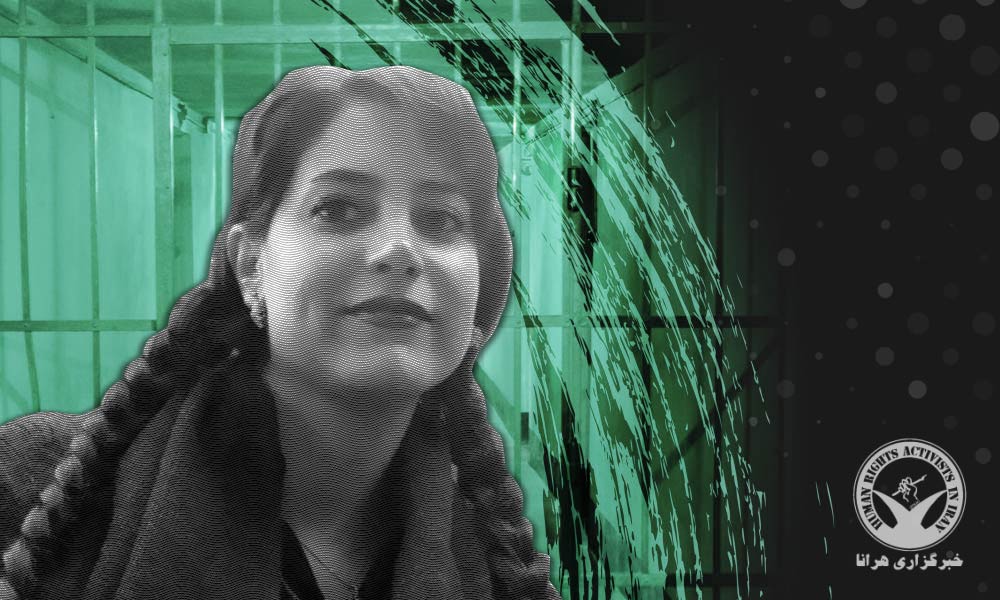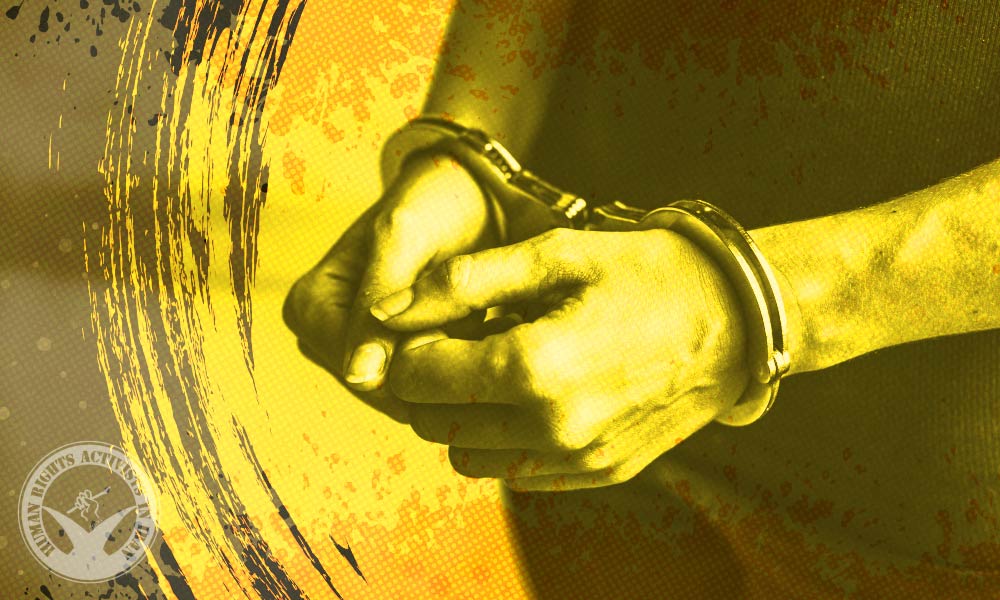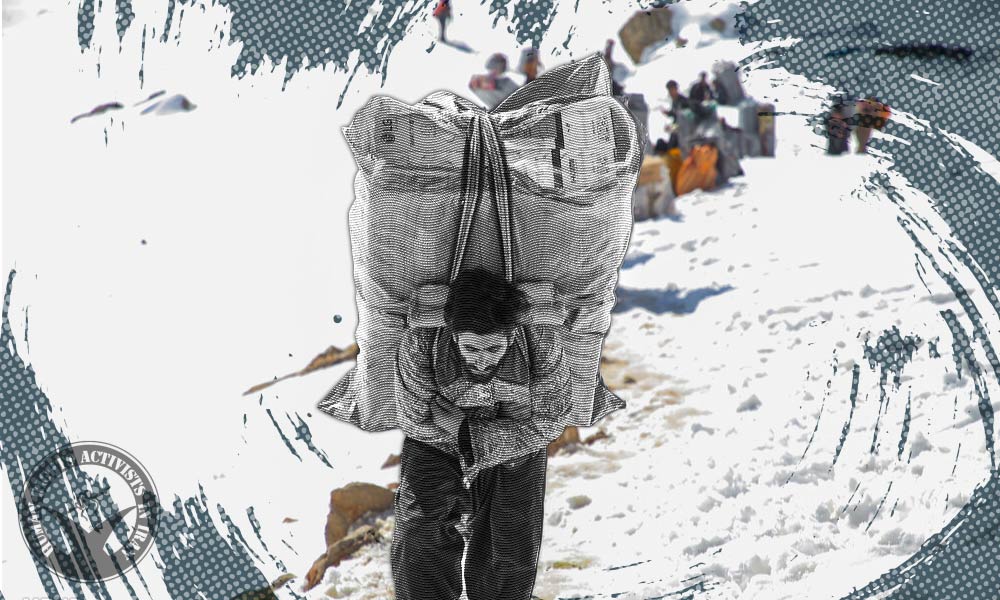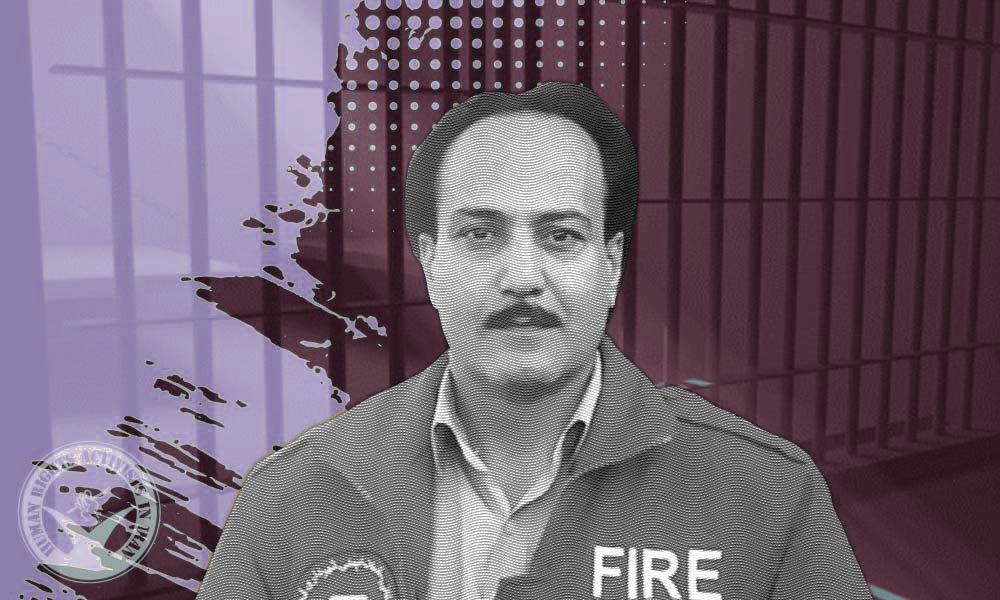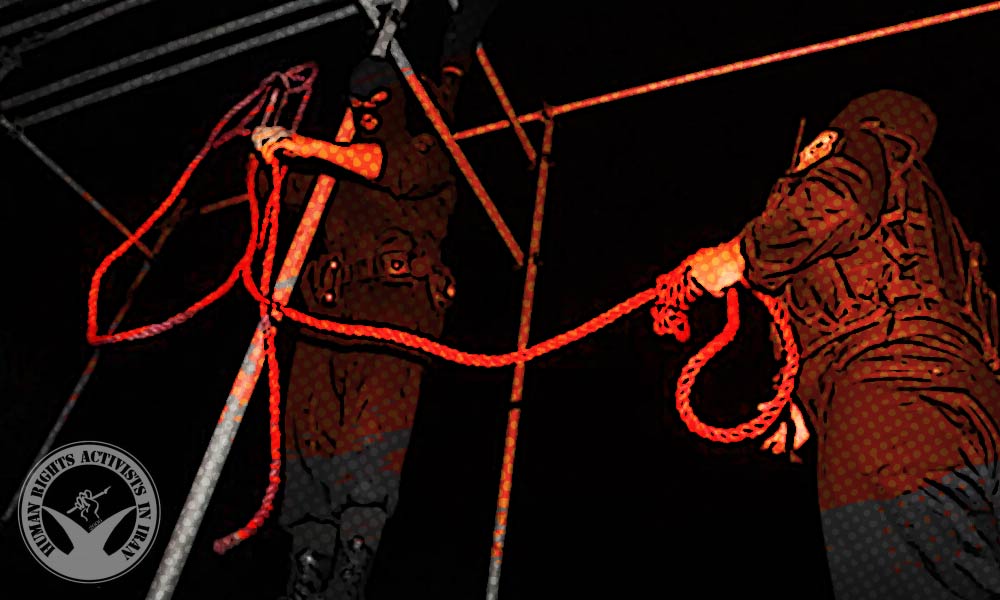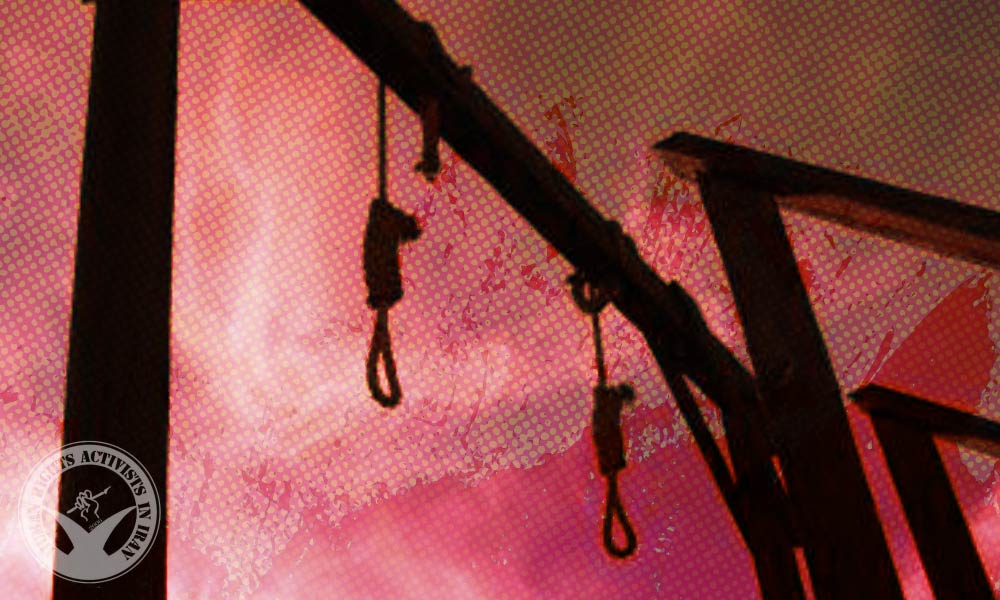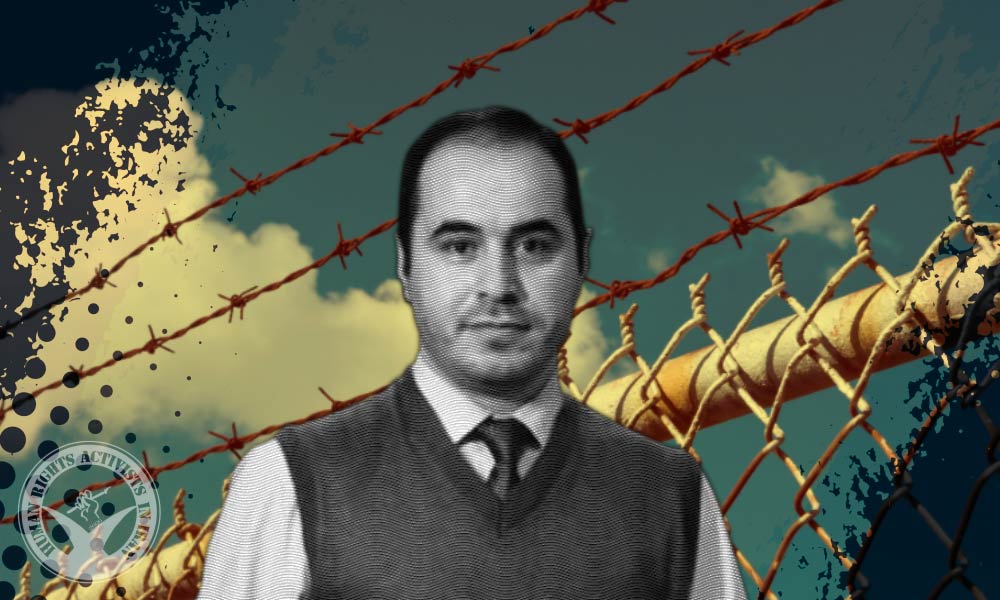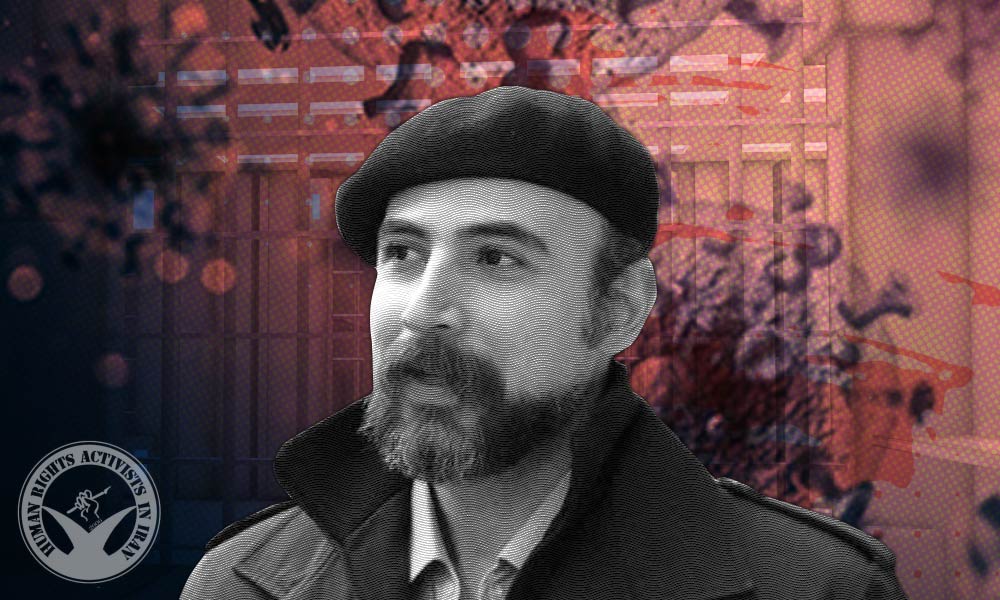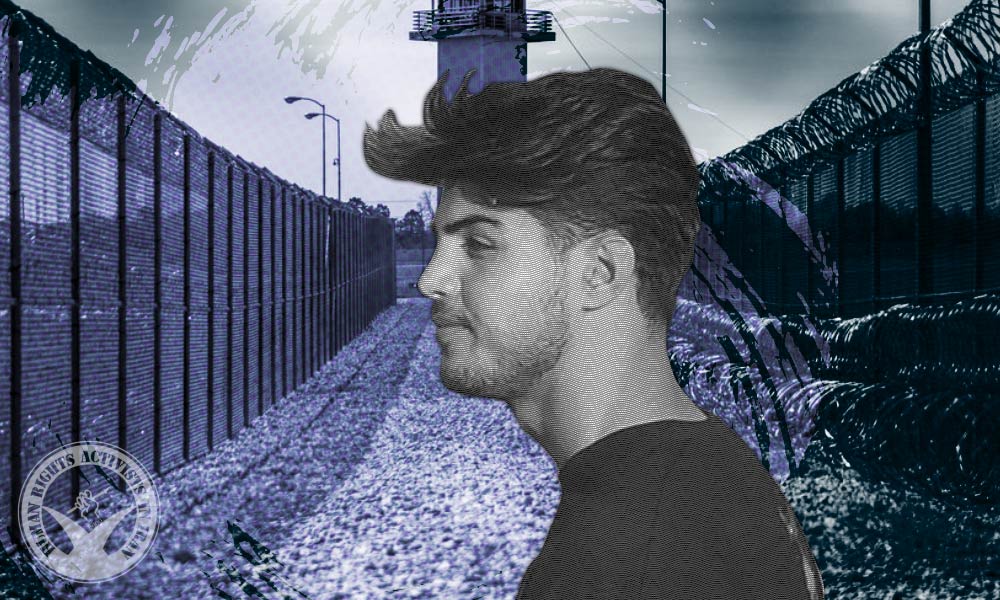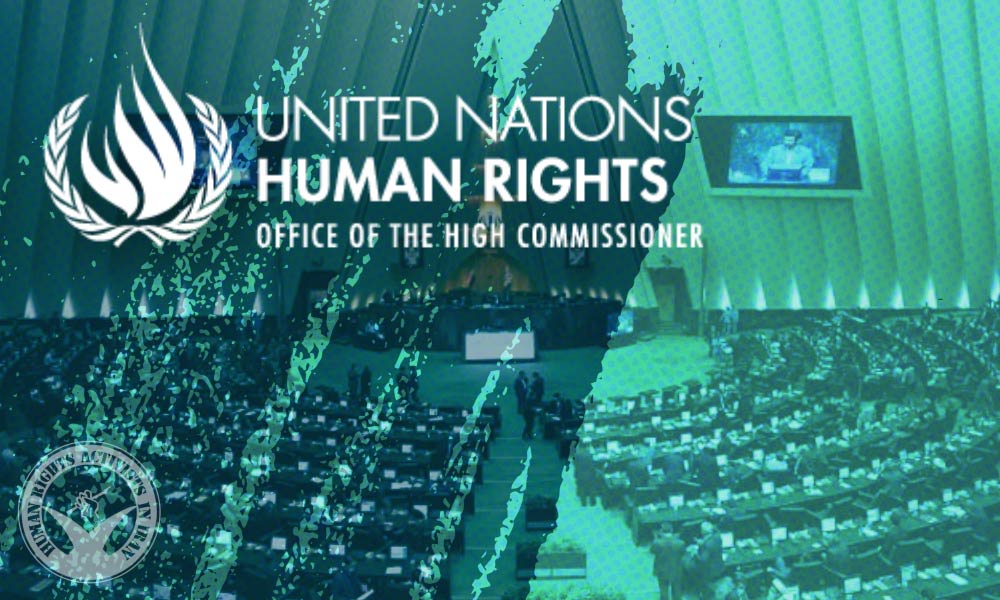On March 3, political prisoner Shakila Monfared went on a hunger strike in protest against the housing of political prisoners in the same ward as prisoners of violent crime, the irresponsibility of prison officials towards her safety and the recent threat from one of her fellow inmates.
According to HRANA, the news agency of Human Rights Activists, an informed source told HRANA that one of the prisoners of violent crimes threatened her with a sharpened piece of a can and intended to injure her.
In violation of prison rules, many political prisoners are housed in the same ward as prisoners of violent crimes, which make them subject to threats, battery and even murder.
On August 31, 2020, security forces arrested Monfared while she was leaving her home. They transferred her to a detention centre at the disposal of the IRGC in Tehran. Reportedly, they did not have a warrant for this arrest.
On September 9 of last year she was relocated to the quarantine section of the women’s ward of Evin Prison. On September 14, she was released on a bail of 400 million tomans until the end of legal proceedings.
In January of this year, the joint court trial of Shakila Monfared, Arsham Rezaei, and Mohammad Abolhassani was held in Branch 26 of the Revolutionary Court of Tehran, presided over by Judge Iman Afshari. 27 year old Monfared was sentenced to 6 years in prison and 4 months of probation work in the Agricultural Jihad on charges of “propaganda activities against the system” and “insulting the sanctities of Islam”.
Monfared was granted furlough on August 23 of this year and returned to jail on September 7.



